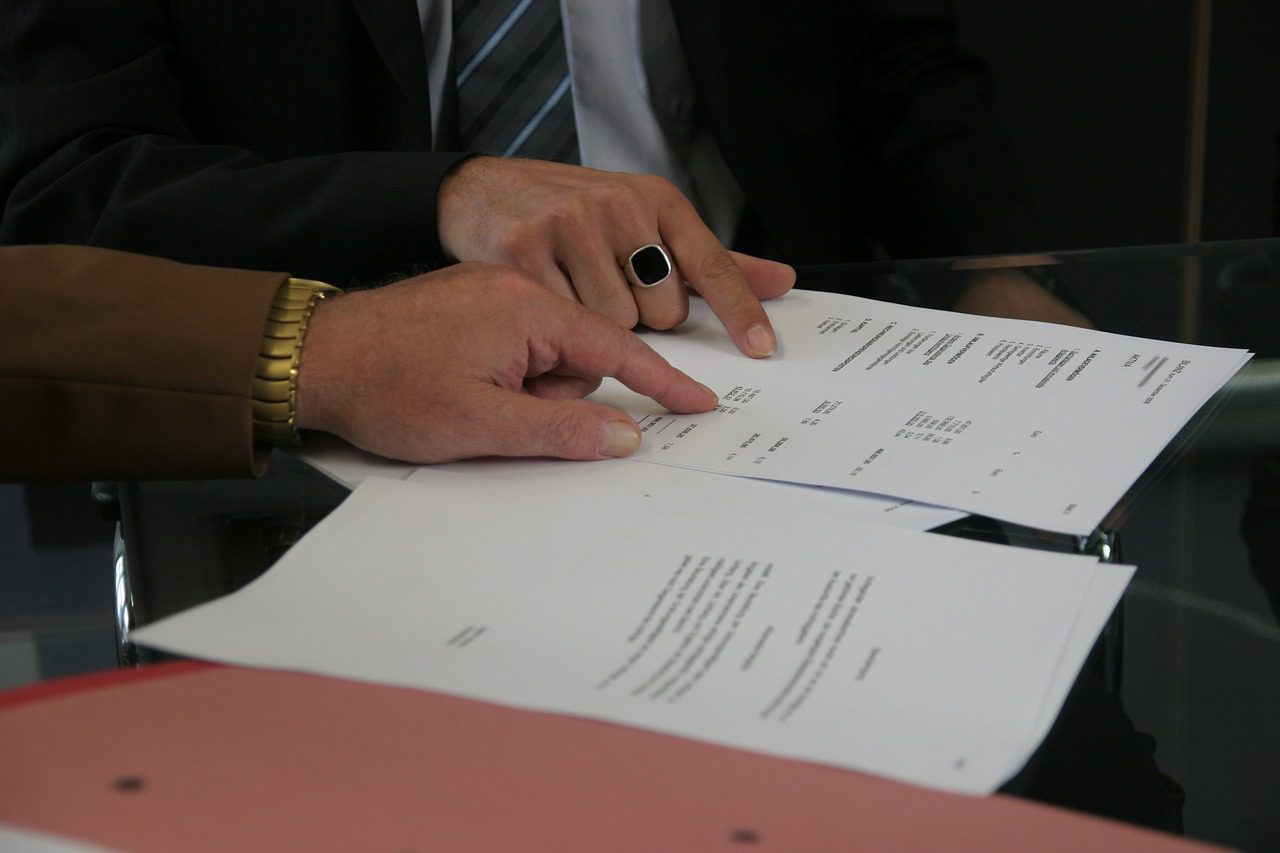The government is still in the process of consulting on a total ban of leaseholds on new homes, but in the meantime it seems that people are still being stung and misled by high fees and doubling ground rents.
People are being trapped in homes they can’t sell due to clauses which mean that ground rents can double every 10 years, while fees must be paid or permission sought for even minor changes to the property, which many claim were hidden in paperwork and not made clear from the outset when buying the home.
The latest report from Which? has found that lawyers, conveyancers and developers had all been guilty of misleading or misinforming homebuyers on the issue of fees, even since the leasehold scandal was first highlighted last year. Some accused lawyers of “glossing over” important facts relating to the leasehold contracts, including expensive service charges and ground rent costs.
Some homeowners even report being charged for wanting to make any changes to their own homes, with some claiming to have been charged £252 to be able to own a pet, and £60 to install a doorbell.
In one of the worst cases found in the report, a homeowner who’d bought a new-build house through Taylor Wimpey had found out six years later that her ground rent would double every 10 years, as opposed to the 25 years she said she had originally been led to believe. This meant that the current rate of £295 a year would soar to £9,440 by 2058, and these fees essentially trap people in their homes because no one wants to take over a property with escalating future costs.
While Taylor Wimpey has since addressed the issues and now links ground rent rises to inflation, after launching a £130m redress scheme in April this year, it is still a major issue for thousands of homeowners.
Not all leaseholds are created equal
Leasehold contracts on homes have been around for hundreds of years in the UK, and they are generally dominated by flats where one freeholder owns the block and each inhabitant holds the lease to their own flat, with service charges and ground rent covering the communal areas. Generally, these do not pose problems, but it is the new clauses with certain new housing developments which have been creating the issue.
The Home Builders Federation commented: “Leasehold is in itself a secure and proven tenure that helps protect millions of homeowners. It works well for the vast majority of people who own their home with a lease in instances where they are interdependent and where facilities, grounds and services are shared by multiple households.
“The terms of leases should be proportionate and clearly communicated to buyers whenever they purchase a home. The industry continues to work with the government and other stakeholders to ensure that leasehold terms are fair and transparent, providing confidence to homebuyers and existing leaseholders alike.”










